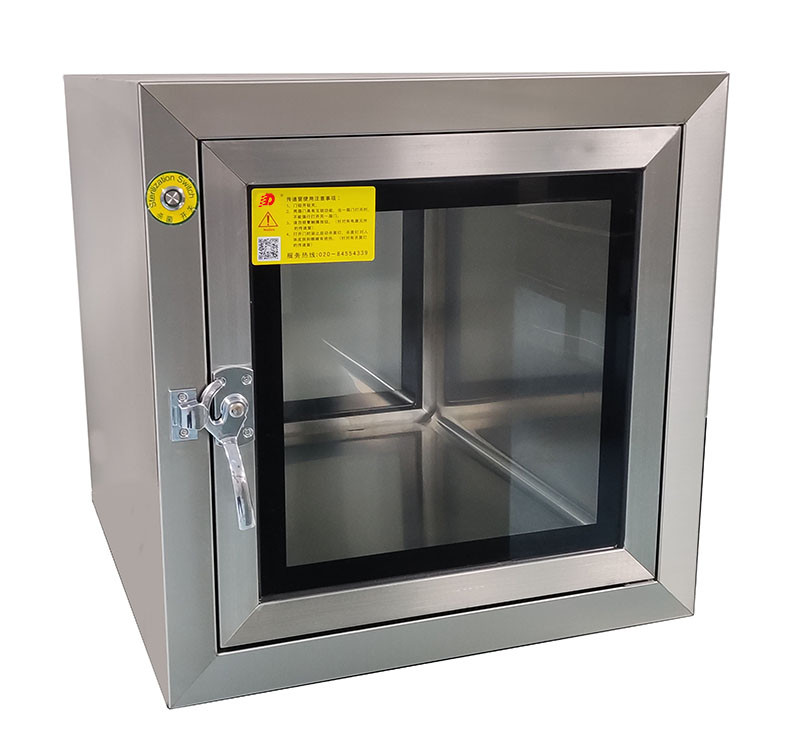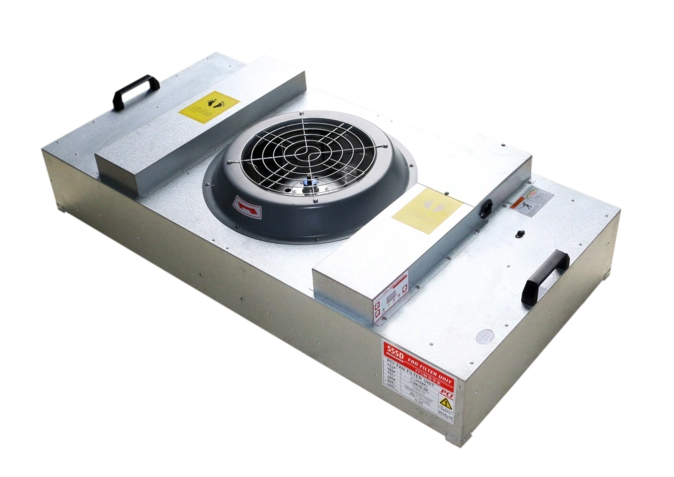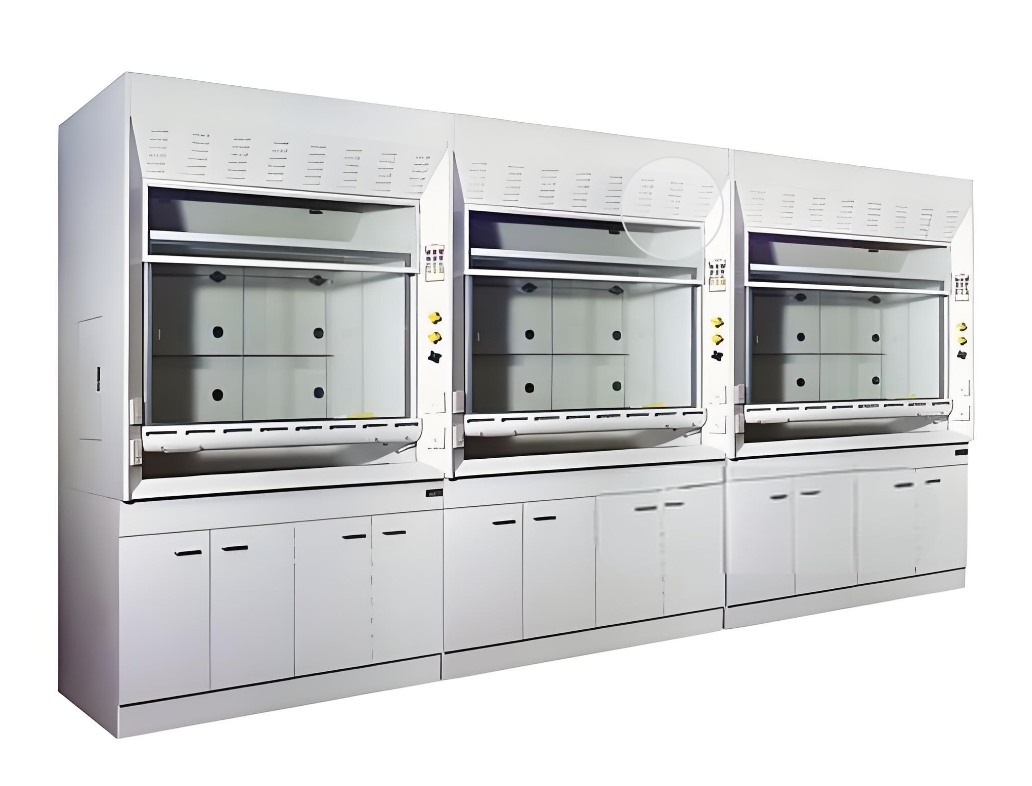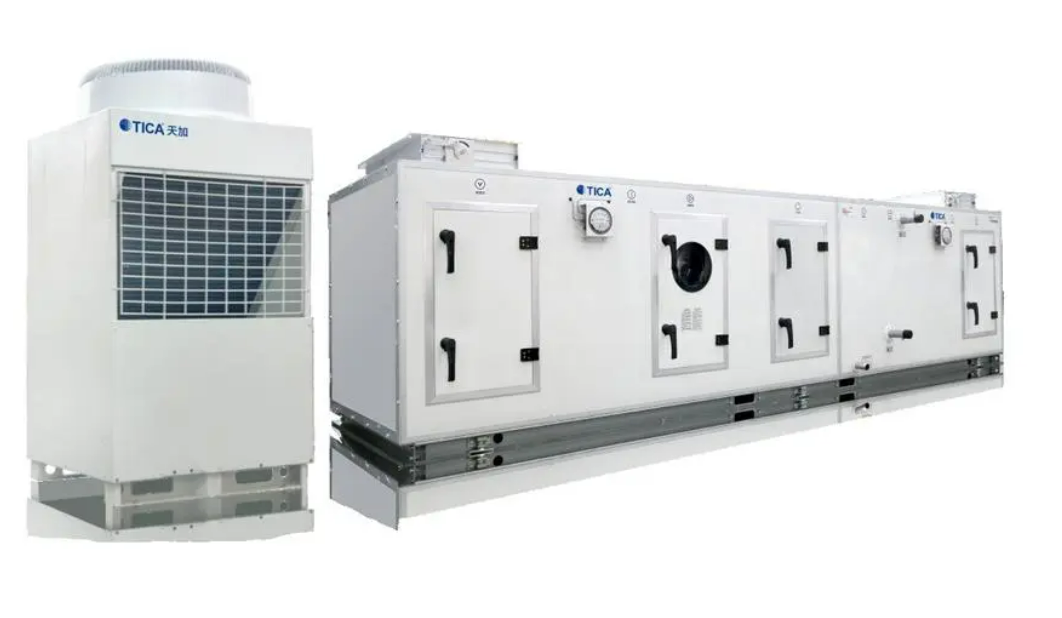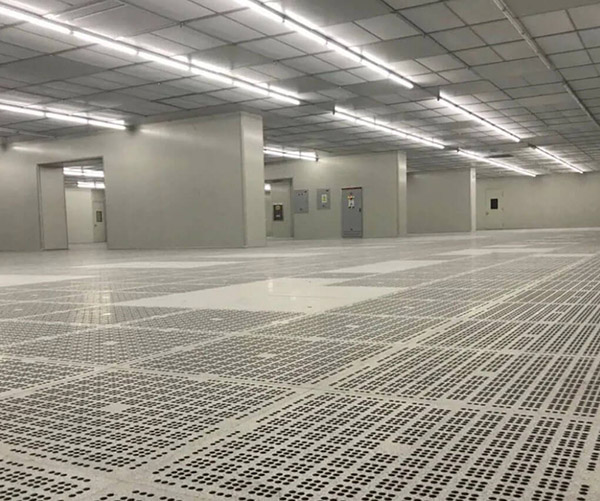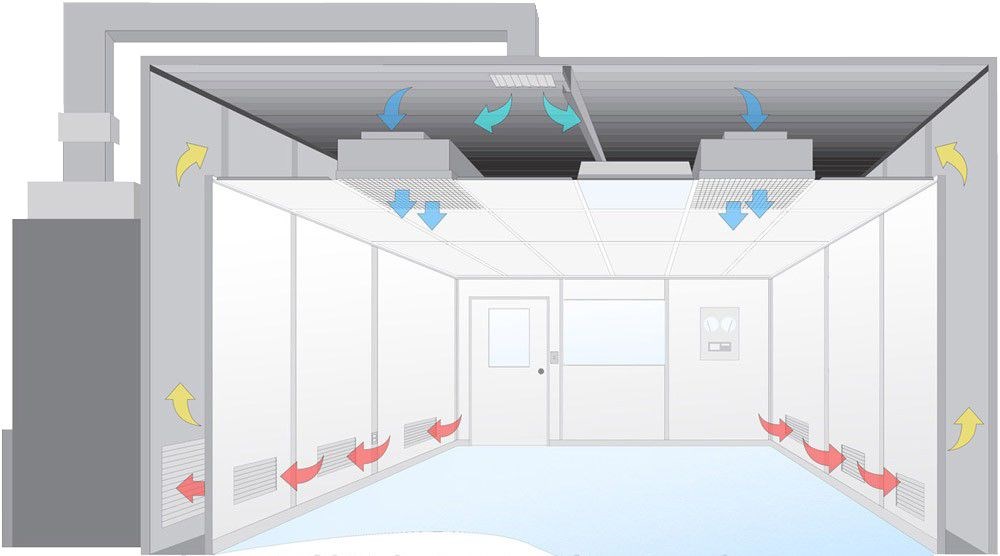In an era where food safety is increasingly prioritized, hygiene standards in beverage production have become a major concern for consumers. According to a recent market survey, over 70% of consumers stated that they consider hygiene standards during their beverage selection process. This trend is prompting beverage Manufacturers to place greater emphasis on maintaining clean and safe production environments to meet consumer demands.

Key Consumer Concerns
The survey highlighted several key areas of concern for consumers regarding hygiene standards in beverage production:
Cleanliness of Production Environments: Approximately 65% of respondents believe that the cleanliness of production facilities directly impacts the safety of beverages.
Employee Health and Hygiene: Over 60% of consumers feel that the health and hygiene practices of employees are closely linked to beverage quality.
Transparency of Production Processes: A significant 71% of respondents expressed a desire for beverage manufacturers to provide more information about their production processes, including the sources of raw materials and the hygiene status of equipment.
Air cleanliness: Air cleanliness: According to ISO 14644 standard, the air particle count limits for different cleanliness levels are specified. The grade of modular cleanroom for food and beverage is iso class 8.
These insights were derived from a study conducted by a food safety research organization. For more information, you can view the research link here: Food Safety Survey Report..
Manufacturer Responses
To address consumer concerns, many beverage manufacturers have implemented a range of measures aimed at enhancing hygiene standards. For instance, a well-known beverage company recently introduced stricter hygiene inspection protocols in its production facilities and conducts regular third-party audits to ensure compliance with the highest hygiene standards. This initiative has garnered positive feedback from consumers, many of whom reported a greater willingness to choose products from this brand after learning about these efforts.
Additionally, manufacturers are beginning to leverage digital technologies to monitor hygiene conditions throughout the production process. By installing sensors and monitoring equipment, companies can detect cleanliness levels in real-time and take timely action when issues arise. This transparency not only improves product quality but also fosters consumer trust.
Future Outlook for the Industry
As consumer awareness regarding hygiene standards in beverage production intensifies, it is expected that the beverage industry will increasingly prioritize hygiene management and transparency. According to a report by market research firm Statista, consumer demand for product transparency is projected to drive overall growth in the beverage industry by 2025. For more details, visit: Statista Market Research..
Simultaneously, government bodies and industry associations are actively promoting the establishment of regulations to ensure that hygiene standards in beverage production are effectively enforced. For instance, the U.S. Food and Drug Administration (FDA) recently issued new guidelines requiring beverage manufacturers to adhere to stricter hygiene standards during production. This policy is expected to have a profound impact on the beverage industry moving forward.
In summary
consumer concerns regarding hygiene standards in beverage production are driving the industry toward higher hygiene practices. Beverage manufacturers must continuously adapt to these changes, enhancing production transparency, adopting advanced technological solutions, and strengthening employee hygiene training to meet consumer demands. Only by doing so can they gain consumer trust and loyalty in an increasingly competitive market.
References
- Food Safety Survey Report
- Statista Market Research
- FDA New Guidelines
 +86 18186671616
+86 18186671616 Jason@cleanroomequips.com
Jason@cleanroomequips.com
 MENU
MENU







